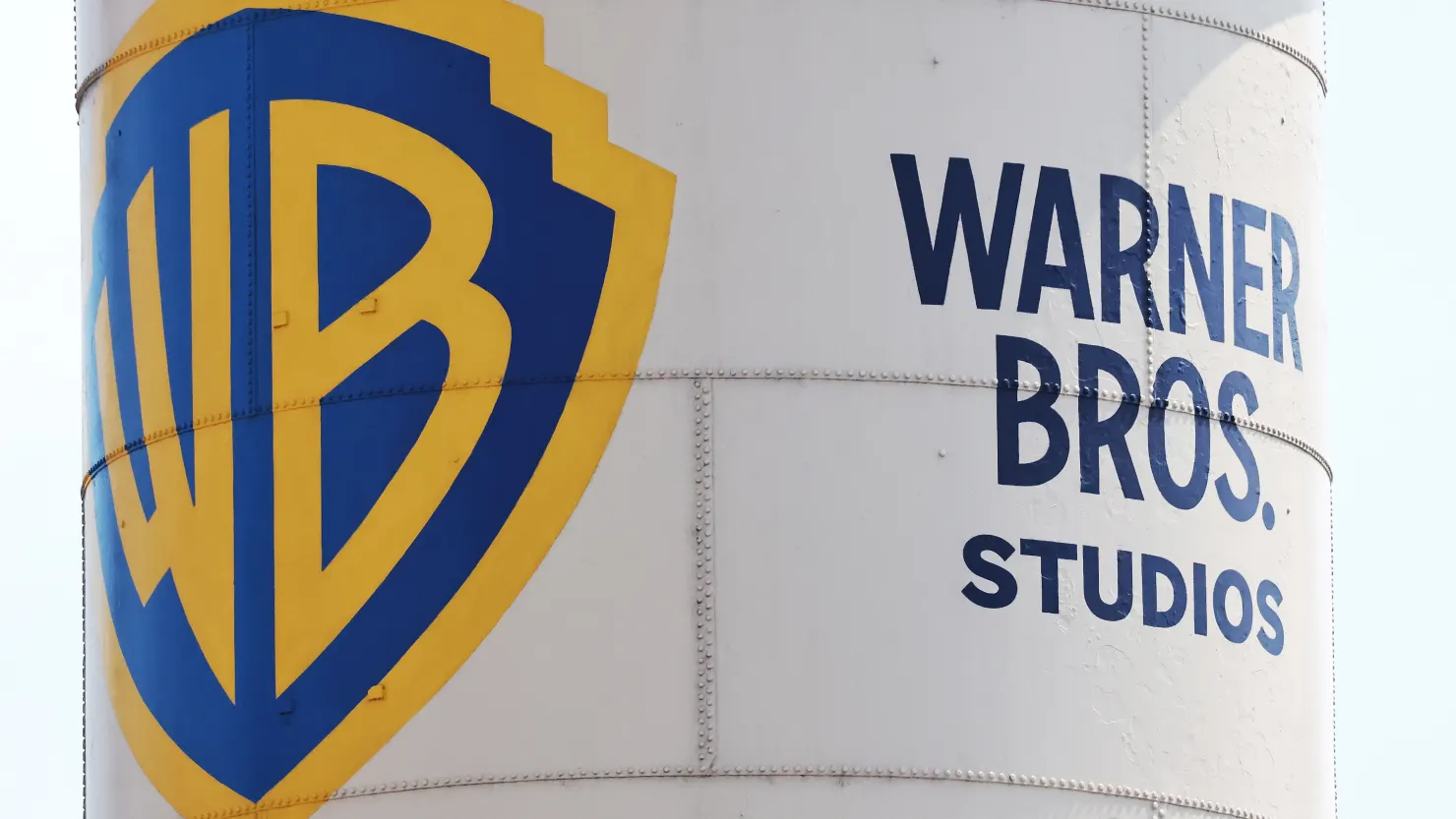The planned acquisition of British food delivery firm Deliveroo by its American counterpart DoorDash marks another significant chapter in the shifting dynamics of global financial markets—underscoring the persistent struggle of the UK to retain high-growth, publicly traded companies.
Valued at £2.9 billion ($3.85 billion), the deal will enable DoorDash to strengthen its presence in Europe, particularly in Deliveroo’s strongest markets: the UK and Ireland. Once competitors in the same sector, the two companies followed notably different trajectories after going public in 2020 and 2021, respectively. DoorDash, listed on the New York Stock Exchange, now boasts a market value 35 times greater than Deliveroo, whose debut on the London Stock Exchange was one of the weakest in recent memory.
This disparity reflects more than just business strategy—it illustrates the broader contrast between US and UK capital markets. While both companies started with similar models—offering food and convenience item delivery and aiming for IPO-driven growth—the American listing environment has proven more fertile for investor appetite and capital generation.
Since their IPOs, DoorDash shares have risen by 84%, while Deliveroo’s have fallen 56%. Despite recent improvements, including Deliveroo’s first reported profit, the UK firm has struggled to generate the market enthusiasm its US counterpart enjoys. This difference has enabled DoorDash to capitalize on its greater financial clout, making it a more aggressive acquirer in a consolidating industry.
The takeover also casts a spotlight on a trend that has concerned UK policymakers and investors: the migration of ambitious firms away from the London stock market. Deliveroo joins a growing list of formerly UK-listed firms—including chip designer Arm Holdings and supermarket chain Morrisons—that have either been acquired or sought listings abroad.
Several factors contribute to this shift. Among them are valuation disparities; US firms, particularly those in the S&P 500, trade at significantly higher multiples than their UK equivalents. American financial markets also provide broader investor bases and a higher tolerance for risk—key advantages for growth-oriented tech companies. Meanwhile, UK institutional investors have steadily reduced their exposure to domestic equities over the last three decades, driven by regulatory changes and the pursuit of better returns abroad. Currently, less than 5% of UK stocks are owned by UK institutions, compared to 50% in the 1990s.
The return on US equities over the past five years has been 116%, compared to just 45% for UK stocks, reinforcing the perception that better opportunities lie overseas. This lack of domestic investor enthusiasm has led to lower valuations and increased interest from foreign buyers.
However, some optimism remains. Recent UK government initiatives—such as the “Edinburgh Reforms”—aim to make London more attractive for listings by relaxing rules and offering more control to founders. Financial leaders like Larry Fink of BlackRock and Jamie Dimon of JP Morgan have publicly stated that UK assets appear undervalued, with some signs of outperformance in early 2025.
Despite these positive signals, the long-term implications of losing listings like Deliveroo are significant. While UK investors can still access shares listed abroad, the departure of firms from the London Stock Exchange reduces the ancillary business generated for local service providers—accountants, lawyers, and financial communications firms—and weakens London’s role as a global financial hub.
With input from BBC, FOX Business, and CNBC.










The latest news in your social feeds
Subscribe to our social media platforms to stay tuned